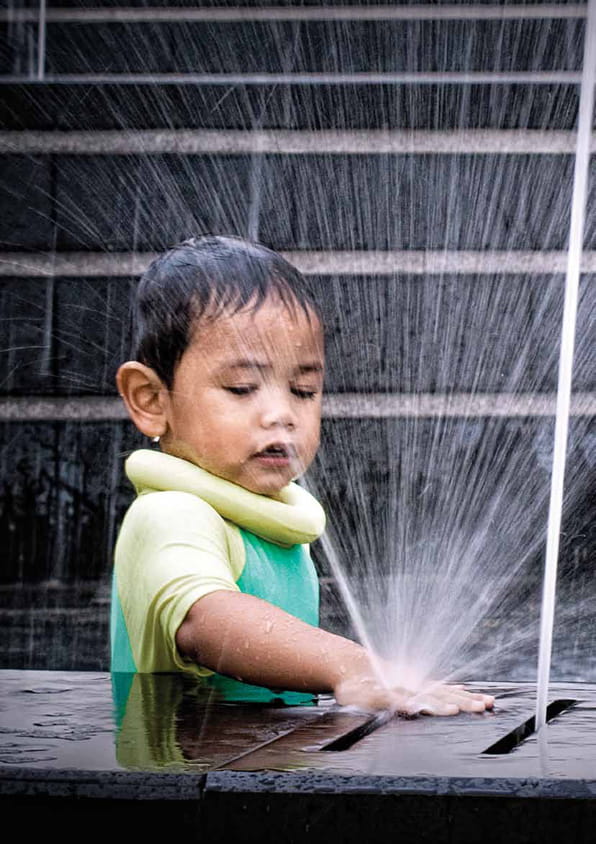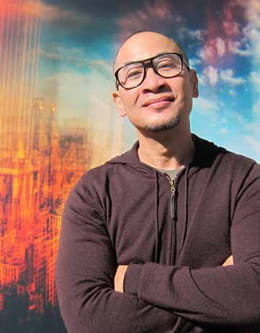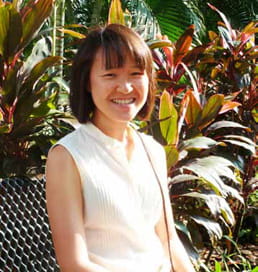
Individuals from four generations talk about their relationship with water.
By Yu-May Lim
In its swift rise from Third to First World country, Singapore’s people have morphed from fisher folk, coolie labourers and itinerant traders into an educated, jet-setting, modern populace. Despite the rise of fortunes and status, Singaporeans have one constant embedded in their psyches: water is precious. Being dependent on imported water has left its mark on the nation.
Although more water sufficient today with new reservoirs, wastewater recycling and desalination, public encouragement to be mindful of water continues. Singaporeans use 153 litres per person daily. The national target is to lower it to 140 litres by 2030. While admirable, this rate is still higher than the global average of 119 litres. With the population still growing, water demand will grow likewise, mirroring the global trend of increasing pressure on growing cities to manage water for burgeoning populations.
LESSONS FROM THE WAR
I was 10 during the Japanese Occupation, and there was water rationing. We were cautious about the drinking water then because we heard that dead bodies of the war victims were being thrown into the reservoirs. The water from the pipes was not clean, what came out was brownish. We tied small cotton mittens over the tap to filter the water. Because of what we heard about the bodies in the reservoir, we were cautious about drinking water from the tap. We used it for cleaning instead.
We dug a well in our garden — the water that came from there was very clean. We also collected rain water from the roof in a big (bathtub-sized) earthen jar.
We had enough water for watering the tomatoes and other vegetables we grew in the garden and to wash the chicken coop.
At another time, there was a drought. There wasn’t enough water in the reservoirs, and we had to collect water at certain times only.
When I moved to my present HDB home in the early ‘70s, I used to store water in a large earthen jar just in case the taps ran dry. Now, everything runs smoothly so I have stopped that. The water is fine and clean today but I still try not to waste water. I use the second rinse from my laundry to clean the floor. Yes, I still do housework, that’s what keeps me fit!
TRUST IN THE GOVERNMENT
My generation had Bobo the Water Saving Elephant, a pink mascot created by the Public Utilities Board which taught us to save water. I remember Bobo as a cartoon on TV. It had this cute song about saving water.
In school, we’ve always been told to save water, that water is precious. I don’t leave the tap running when brushing my teeth and washing plates.
Other than that, I don’t really think about it that much. I know that water is valuable and scarce, and I try to be environmentally-friendly.
But do I walk about thinking about taking all precautions to save water and what will happen in 50, 60 years’ time? Not really. I don’t think that most people do this.
On how I personally use water and whether I should take precautions to save it, yes I do.
I drink water straight from the tap. I think that NEWater technology is good and I’m not scared of it, even though some people are turned off by the idea that it’s treated wastewater.
Based on what we see in the news, I assume that as a country, the government is doing enough to address the water resource issue on a national level.
HOME AWARENESS
When I was growing up, I watched my mother use the discharge from the washing machine to wash the toilets, and water from rinsing rice to water plants. My parents also lived through the war years so I’ve heard stories about water rationing. When I’m not too busy, I re-use water from washing vegetables and rice. For me, home education about water conservation was more effective than school education.
The water issue really hit me when I was on an expedition in India to build rainwater harvesting tanks for a village. Before we could start, we had to walk 30 minutes to a communal well for water (to mix cement) and balance it on our heads in buckets to bring it back. The whole day was spent just going to and from the well! When I got back home, I remember how my first shower felt so great, and the first glass of clean water that didn’t taste of soil was so wonderful.
Many people I know are not conscious about saving water. They’re too used to water from the tap. I am trying to get my sister to not turn on the tap at full blast when she washes the dishes. They seem to think the stronger the flow, the cleaner the plates will be, but half the water splashes out of the sink.
A friend once spoke of how water flowing through our Earth nourishing all living beings is like blood flowing through our bodies nourishing every cell.
By keeping our waters clean and our natural water systems in balance, we nourish ourselves and acknowledge our oneness with Nature.
SINKING IN
I’m guilty of leaving taps running. I don’t really think about saving water. I only think about it during training. There was a game in Thailand when the team only got one carton of water, 12 (500ml) bottles. That’s too little. We take a water break every seven minutes and drink half a bottle each time, otherwise tiredness sets in. In Singapore, we get four cartons of water every time we train. The Hockey Federation pays for it. We used to drink half a bottle and throw the rest away. That’s when our coach told us to be more responsible, even though we weren’t paying for it. We thought, “Yes, why are we doing this?” Gradually, we’ve improved.
The other person who makes me think about saving water is my father. If he hears water running when I am brushing my teeth, he will knock on the bathroom door.
I am starting to realise that maybe I should try to save it, but I don’t remember for very long. We’ve always had water and used what we wanted. In primary school, we were taught how to save water, but our hearts were not in it.
As for Singapore’s water agreement with Malaysia, we don’t worry — we have our government, and NEWater also. I’m sure that’s how my generation thinks.
When the team went to India last May for the Olympic qualifiers, we noticed the international teams’ military-style discipline. They had their own water bottles and refilled them. We noticed that discipline in all things, not just water. We need to take that discipline into our way of thinking, because it translates into other aspects of our lives. The India trip was a wake-up call.




